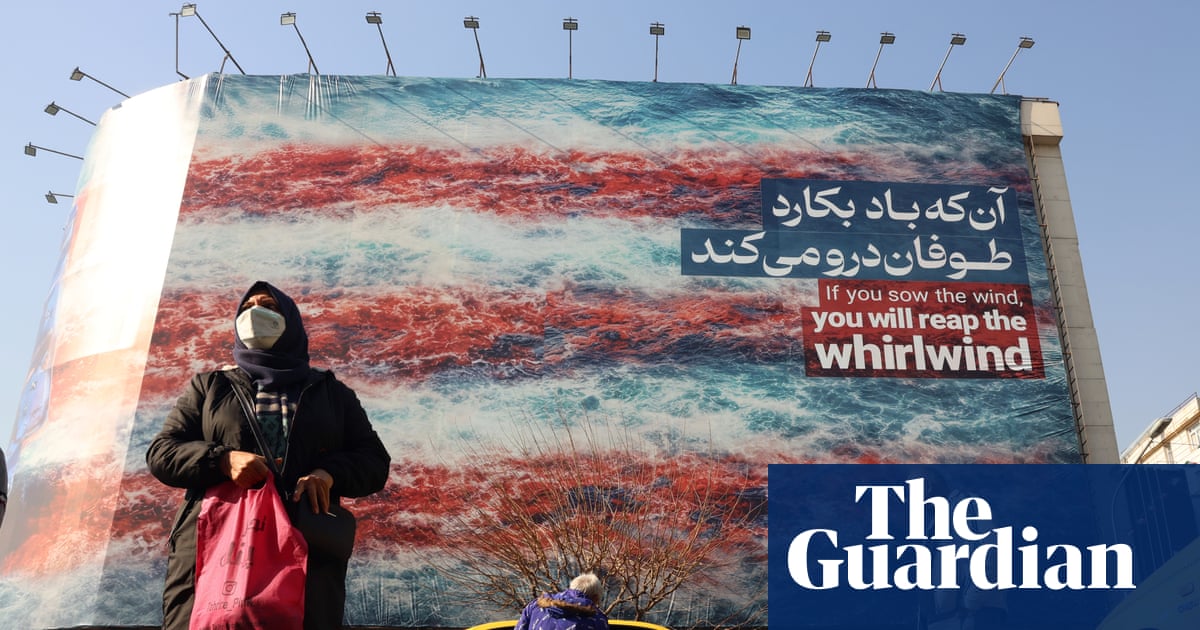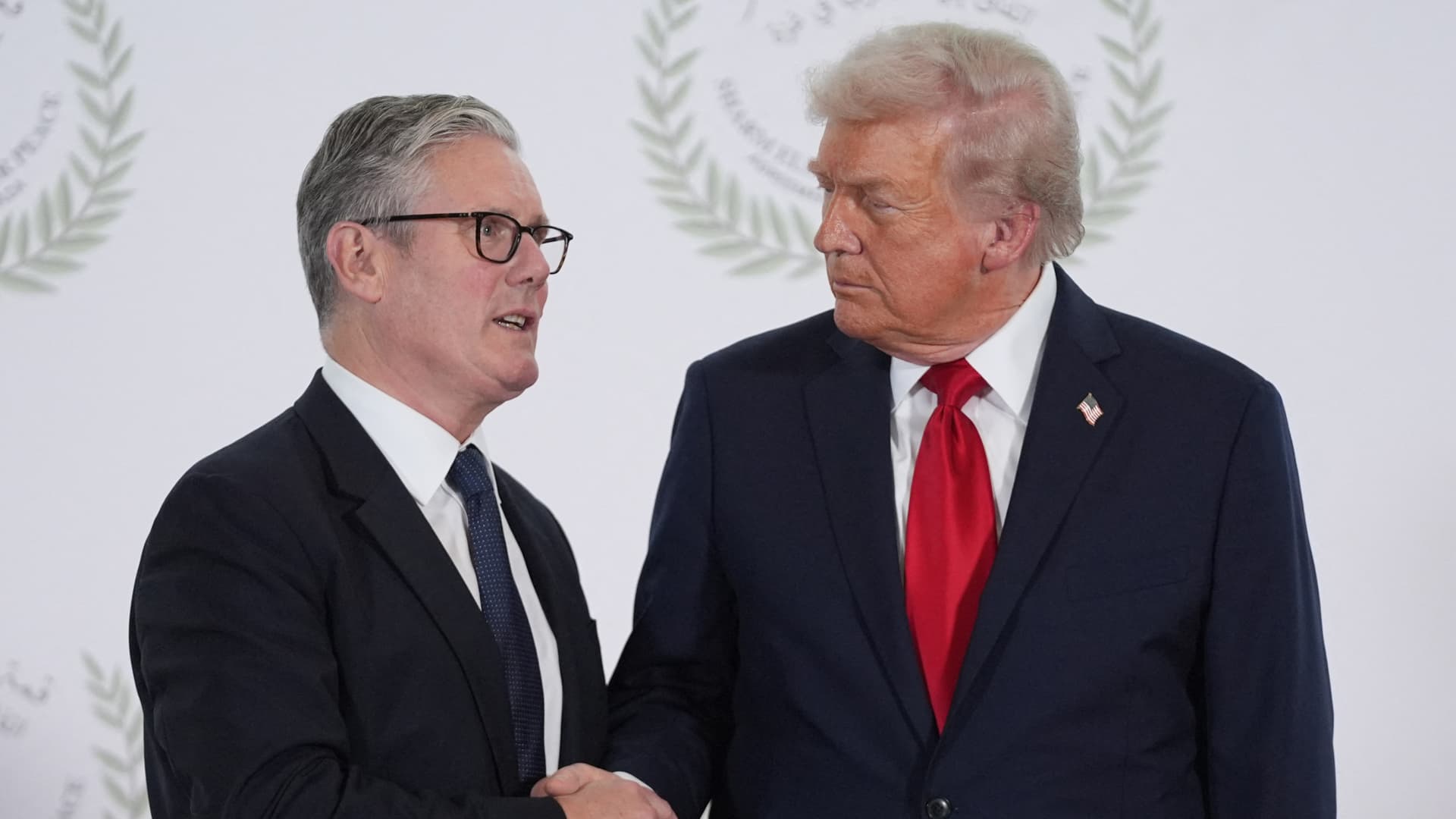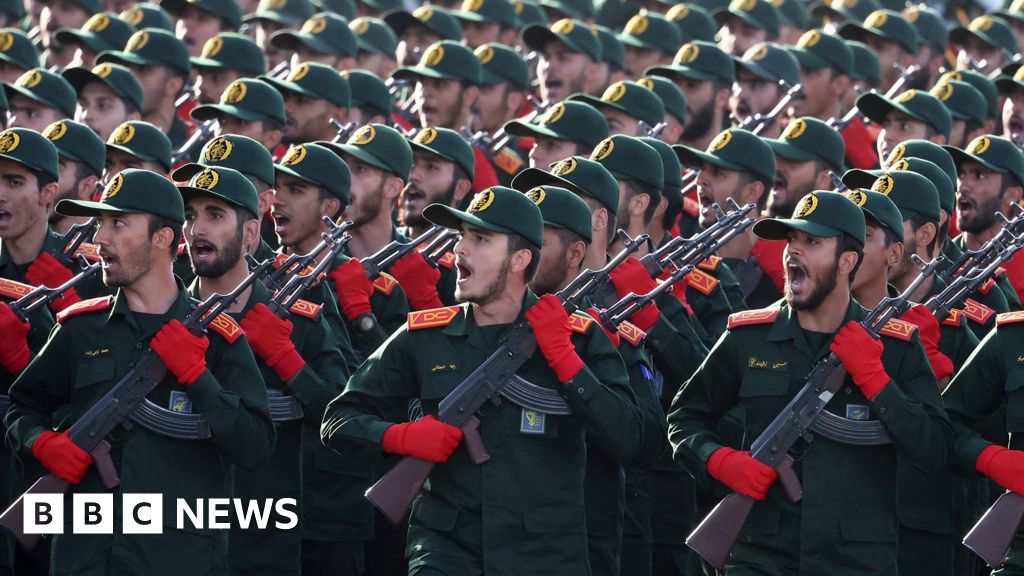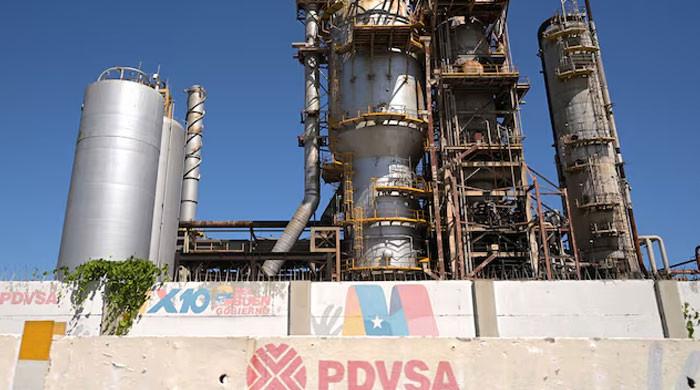No formal direct talks have been held between the US and Iran for a decade. Now, as Donald Trump continues to threaten direct military attacks against the regime, Turkey is stepping in as a last-ditch mediator.
Iran’s foreign minister, Abbas…

No formal direct talks have been held between the US and Iran for a decade. Now, as Donald Trump continues to threaten direct military attacks against the regime, Turkey is stepping in as a last-ditch mediator.
Iran’s foreign minister, Abbas…

US President Donald Trump greets Britain’s Prime Minister Keir Starmer during a summit on Gaza, Egypt, in Sharm el-Sheikh on Oct. 13, 2025.
Evan Vucci | Afp | Getty Images
U.S. President Donald Trump on Thursday reportedly warned the U.K. that it…

